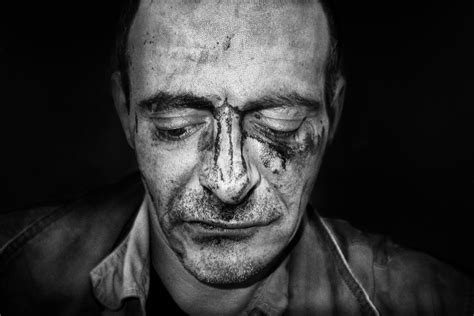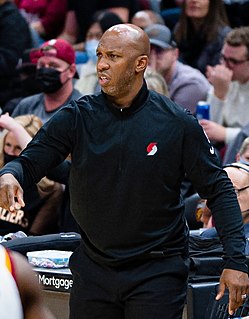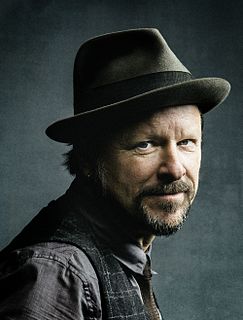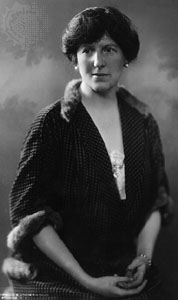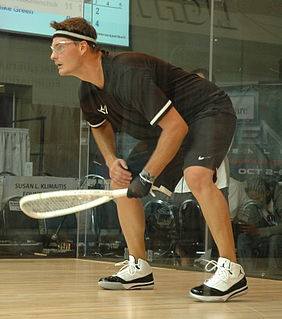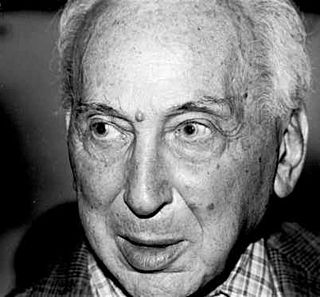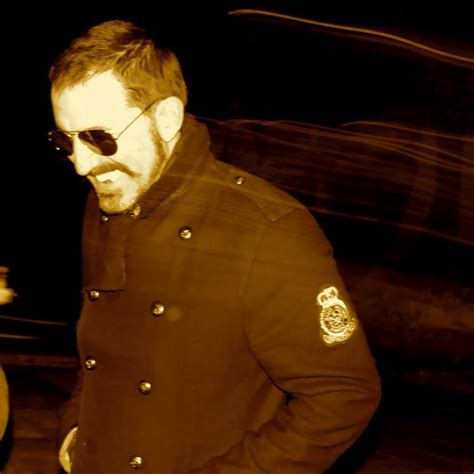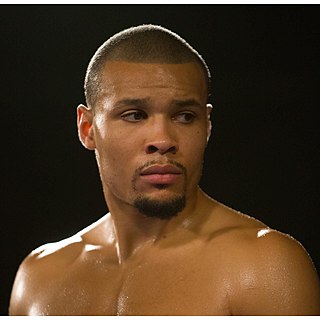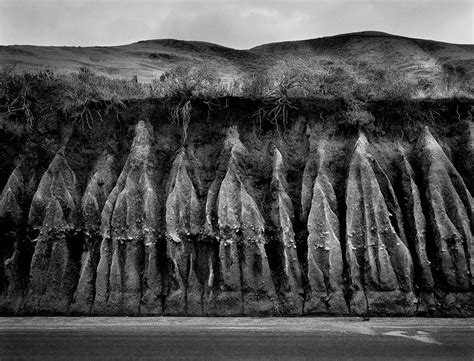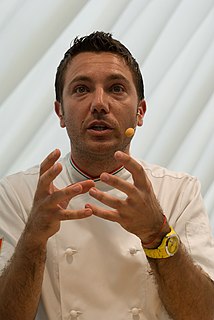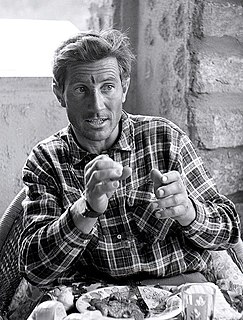A Quote by Antoine D'Agata
I never wanted to accept the position of the observer who is not involved in the situation. The technique and the aesthetics do not matter to me. Only the essence of what is happening is important to me. Here, for example, blurred pictures, they have appeared because for years I was shooting while being drunk.
Related Quotes
I liked being home playing in front of my people, but I just did not like the situation because I was playing shooting guard, and that is not my position. I would play it if someone like Rip got hurt, but to do it for an entire season, that is not my position. I got it done when I was asked to do. But inside, I know that is not me.
I was at a Madonna show many, many years ago and I was in the sweet spot and she came out and I mean it was the best part of the show. And I was shooting, shooting, shooting, shooting. And I'm like, "God, I must have shot a hundred pictures have I not run out of film?" And I opened the back of my camera and there was no film in there. So that happened to me only once.
Racquetball was always number one but when our first child was born things I thought I cherished weren't as important. You put yourself in a position to win, but now you're extra careful. Because I never wanted my kids to see me losing. I wanted them to remember me winning...thought that would be cool.
I always wanted to write a book about a common food that becomes a commercial commodity and therefore becomes economically important and therefore becomes politically important and culturally important. That whole process is very interesting to me. And salt seemed to me the best example of that, partly because it's universal.
I started to understand how important it was for me to make my own name pretty early on after years of noticing people treating me a certain way because of who my dad was. Some people wanted to be friends, others wanted to test me because I was Chris Eubank's son - inside schools, outside of school, on the streets.
My pictures are never pre-visualized or planned. I feel strongly that pictures must come from contact with things at the time and place of taking. At such times, I rely on intuitive, perceptual responses to guide me, using reason only after the final print is made to accept or reject the results of my work.
For me, the value of a climb is the sum of three inseparable elements, all equally important: aesthetics, history, and ethics. Together they form the whole basis of my concept of alpinism. Some people see no more in climbing mountains than an escape from the harsh realities of modern times. This is not only uninformed but unfair. I don’t deny that there can be an element of escapism in mountaineering, but this should never overshadow its real essence, which is not escape but victory over your own human frailty.
I have a general feeling that writers and artists who are in this peculiar situation, of being a persecuted artist, all anyone ever asks about is the persecution. It may well be that's the last thing in the world they want to talk about. There were many years in which every journalist in the world wanted to talk to me, but nobody wanted to talk to me about my work. That felt deeply frustrating because I felt there was an attempt to stifle me as an artist. The best revenge I could have was to write.
